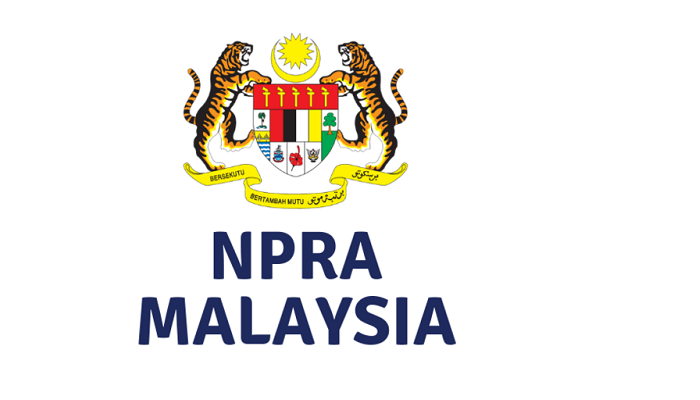The National Pharmaceutical Regulatory Agency- NPRA of Malaysia has recently gone on to revise its guidelines with regards to the approval pathways for medicines that have already been authorized in certain overseas territories. The changes made by NPRA go on to include adding new reference regulatory agencies as well as shortening approval timelines.
It is well to be noted that in 2019, Malaysian officials went ahead with the release of a guideline outlining the facilitated registration pathway, which offers options for bringing medicines to the market by way of abbreviated and verification review processes. The document went on to identify the European Medicines Agency- EMA and the US Food and Drug Administration- USFDA as the regulatory agencies that need to be referenced. A product that has been approved by a reference agency happens to be eligible for a 120-day abbreviated review. It is worth noting that approval from both reference agencies has gone on to trigger a 90-day verification review.
The facilitated registration pathway will go through significant changes in terms of the execution of the updated guideline, which is scheduled to begin in 2024. NPRA has gone on to expand its list of reference agencies so as to include regulatory authorities from Australia, Canada, Switzerland, Japan, as well as the UK. The fact is that Malaysia can now depend on the decisions made by the Association of Southeast Asian Nations- ASEAN Joint Assessment and also on the rigorous evaluations of medicines that gets conducted by the WHO’s regulatory authorities.
The eligibility criteria when it comes to facilitated registration have gone on to get modified by the NPRA. Companies do not happen to have the option to apply for an abbreviated review if they have received approval from a reference agency or through a partnership registration procedure that has been established by the WHO. The verification review process happens to be available for products that enter the market via ASEAN Joint Assessment, rather than being limited to medicines authorized in two reference markets.
In the verification review process, NPRA will now go on to conduct a thorough assessment to ensure that the product dossier when it comes to the medical product is identical to the one that has been assessed by the ASEAN Joint Assessment. The review process will now take place within 30 working days, which happens to be a prominent improvement from the previous guideline of 90 days. The NPRA has also made sure to reduce the time frame for abbreviated reviews from 120 working days to 90 working days. Companies now have the option to apply for facilitated registration within a period of three years after getting approval from a reference agency, which is an elevation from the current two-year timeframe.
The pathway is updated to include cell as well as gene therapies and also new drug products, generic medicines, and biologics that were previously eligible for registration under the old guidelines. The NPRA has gone on to make updates to its process as well as supporting materials. As part of such updates, NPRA now offers an outline when it comes to the declaration statement, as well as dossier checklists along with flow charts.



















